Australia’s success story is deeply linked to migration, with millions of people contributing to the nation’s economy, culture and identity. Around half of the population has at least one parent born overseas, while a quarter of Australians were themselves born abroad. Since the 1970s, successive governments have upheld a non-discriminatory migration policy, supported by strong public backing for multiculturalism.
Since the end of World War II, Australia has also welcomed close to a million refugees fleeing conflict and persecution. Long-term studies show their contributions have enriched communities and strengthened the nation.
However, migration remains a topic of political and public debate. Recent anti-migration rallies in Melbourne and other cities sparked concern after extremist groups, including neo-Nazi organisations, were linked to organisers. Reports also revealed that the Indian community was deliberately targeted in the lead-up to the protests.
While the right to peaceful assembly is protected in Australia, experts and advocates stress this does not extend to hate speech or violence. “We need to stand with migrant communities and reject those who attempt to divide our society,” one community leader said.
The issue also intersects with the history and rights of Australia’s First Peoples, who have lived on the continent for more than 60,000 years. The recent attack by neo-Nazi groups on Camp Sovereignty in Melbourne — a place of cultural and political significance for Aboriginal people — has intensified calls for stronger action against racism.
The Australian Human Rights Commission has developed a National Anti-Racism Framework, which includes 63 recommendations for tackling racism across sectors such as justice, health, education, media and workplaces. Advocates say that implementing these measures is essential to building a more inclusive future.
“The time for action is now,” the Commission stated.
source:https://humanrights.gov.au/




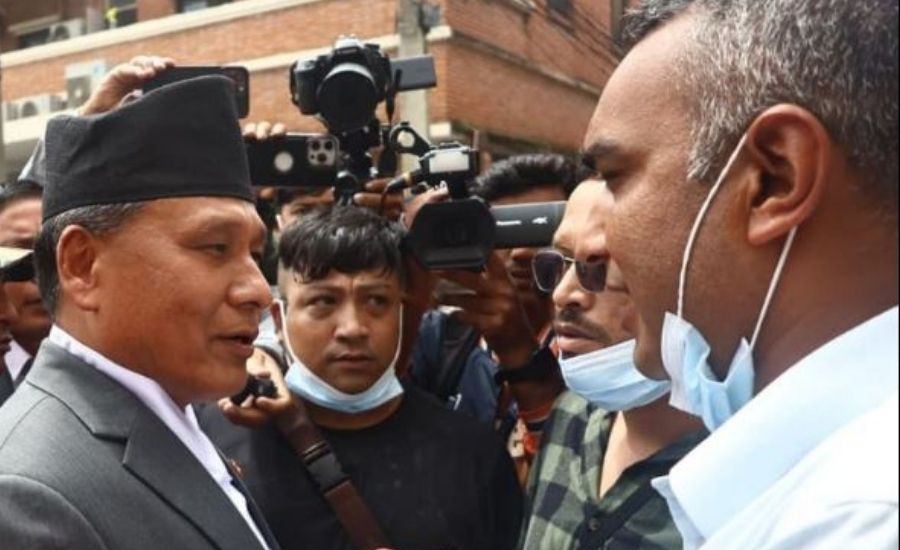




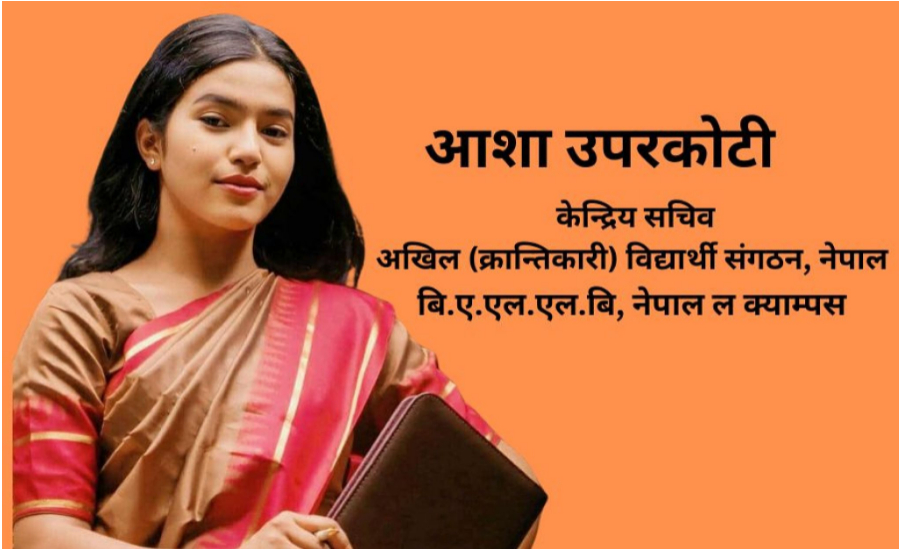

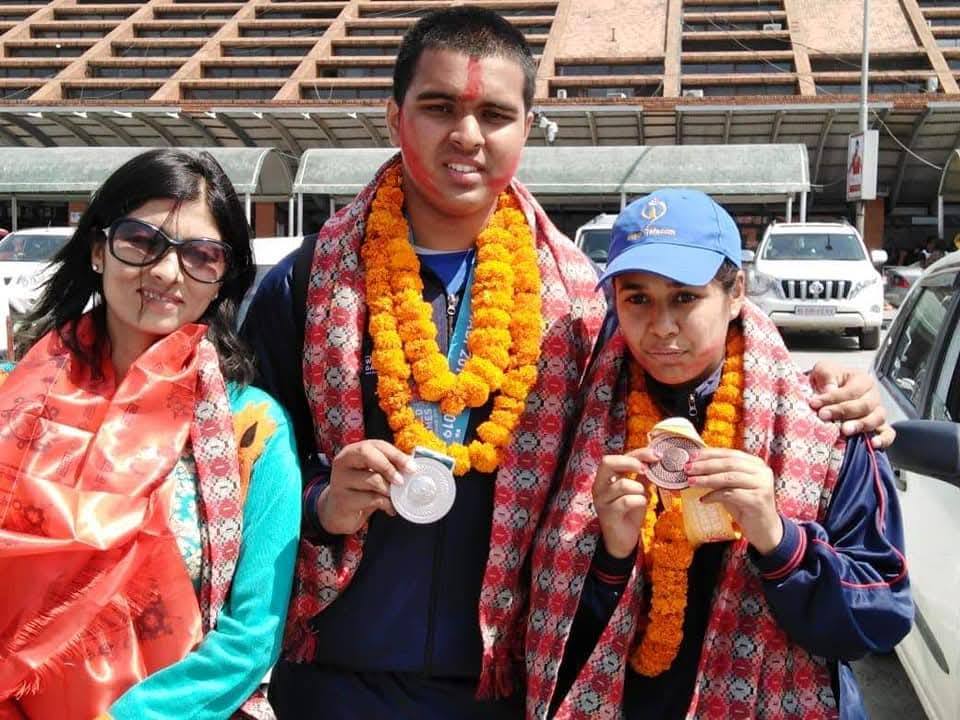

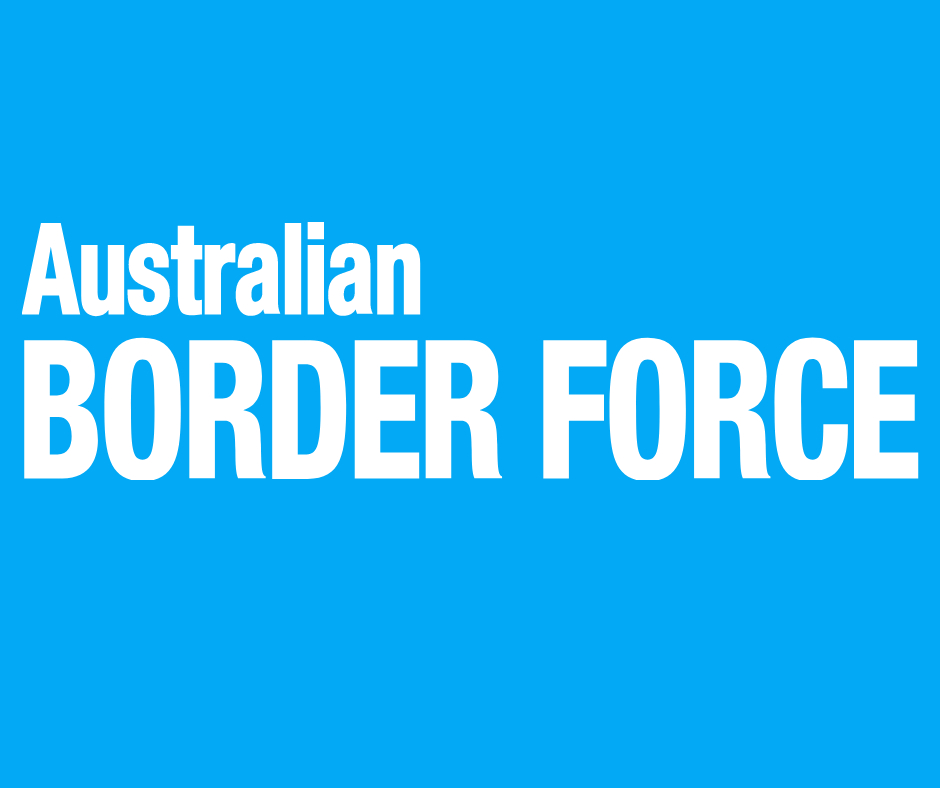
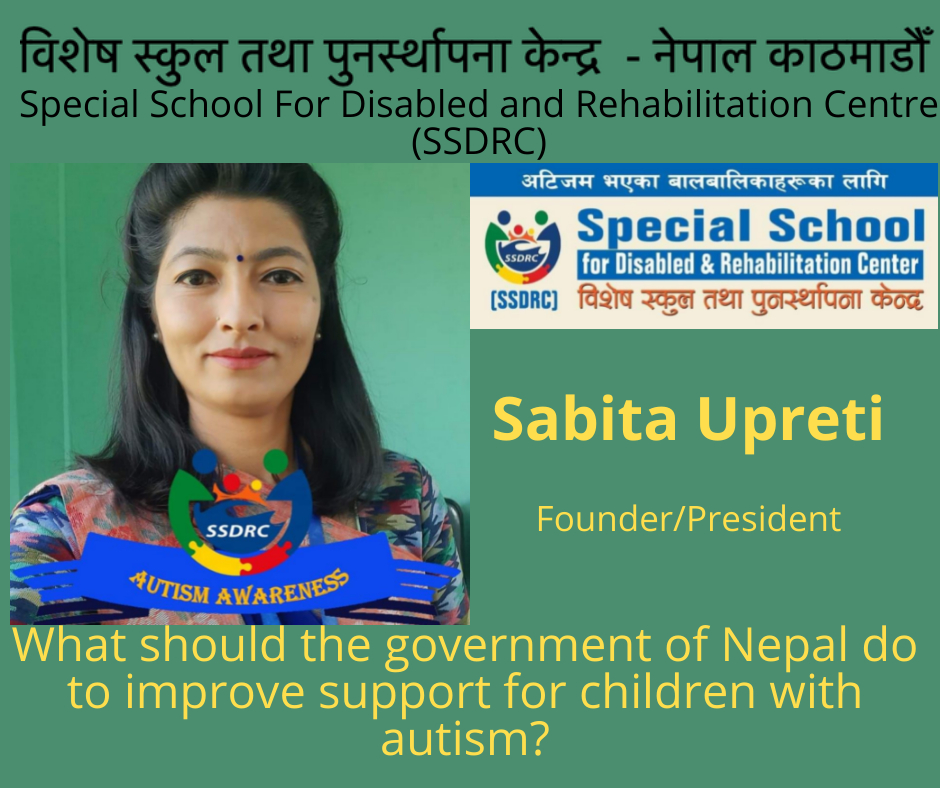

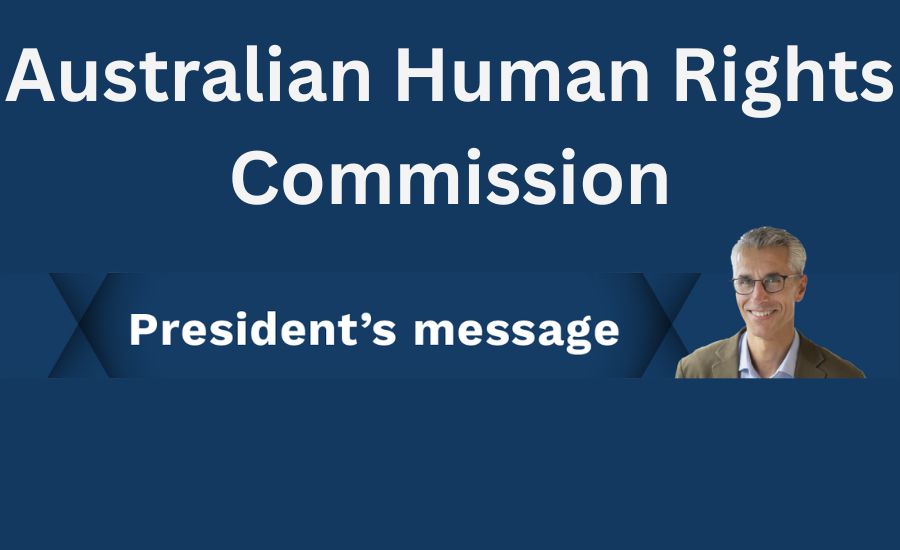
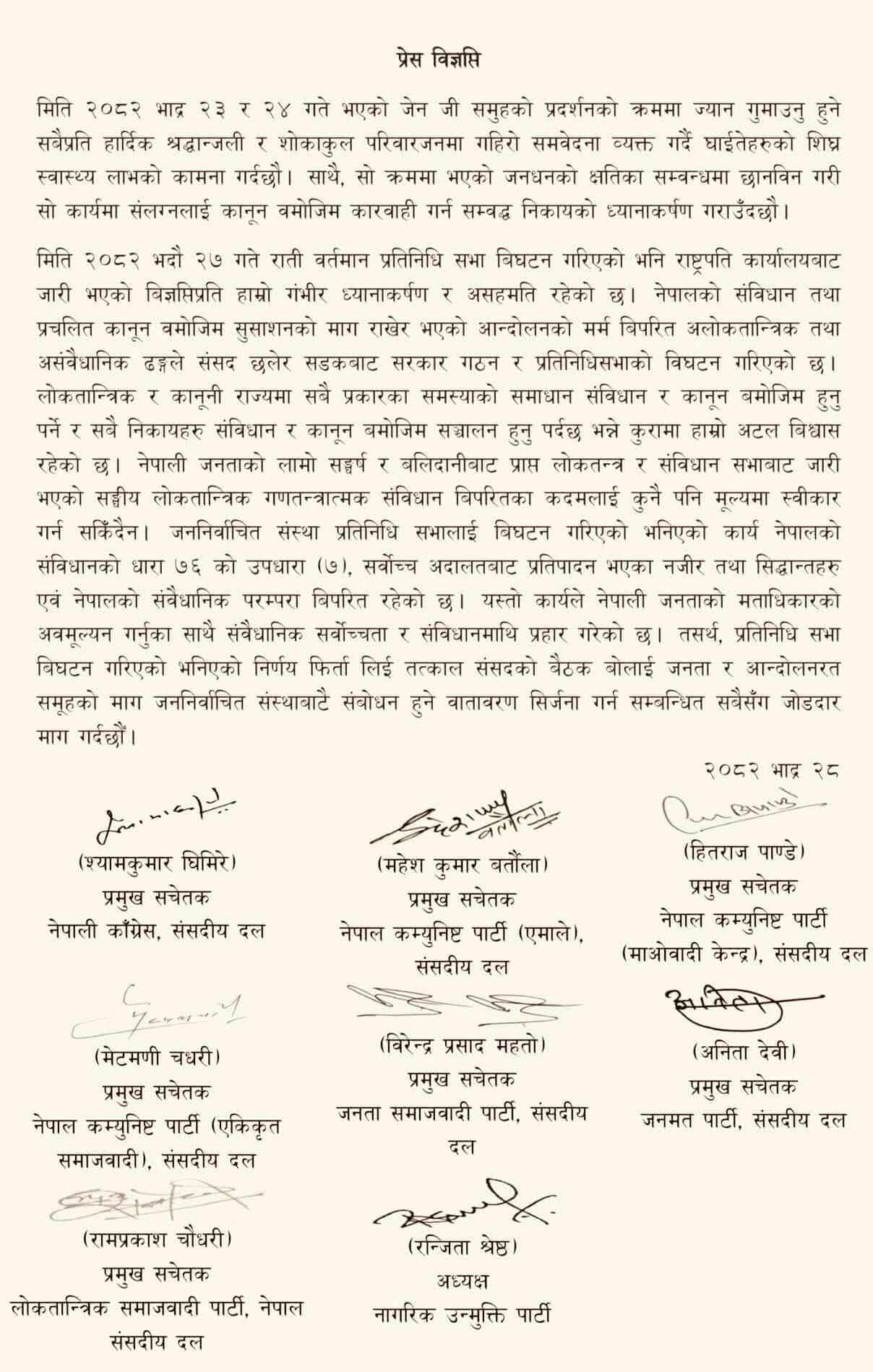


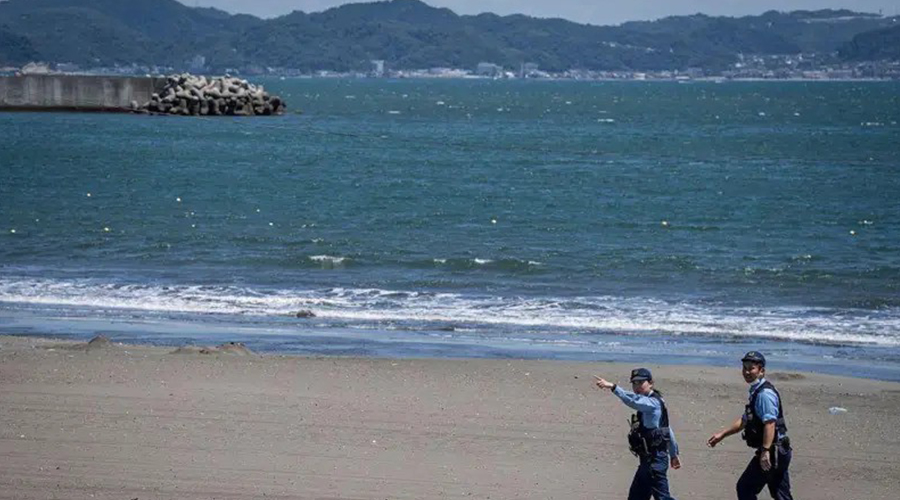
Comments